Choosing the Right Compact Tractor for Your Hobby Farm
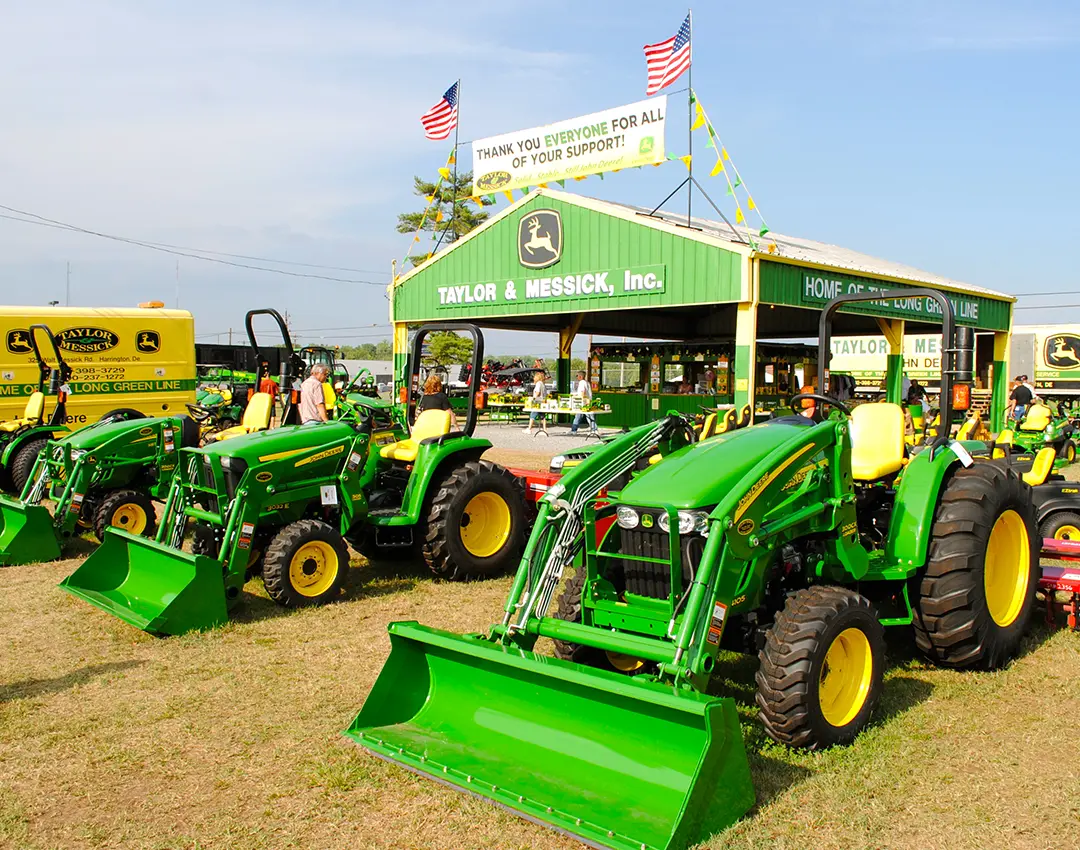
1. Assess Your Farm’s Needs

The first step is understanding what tasks you need the tractor to perform. Consider:
Size of Your Farm: For a smaller farm under 10 acres, a compact or subcompact tractor might be sufficient. For larger areas, you might need something more powerful.
Common Tasks: Will you be mowing fields, tilling soil, hauling supplies, plowing snow, or digging post holes? Identify the most frequent jobs to guide your choice.
Future Expansion: If you plan to scale your operations, it might be worth investing in a more versatile model.
Compact tractors generally range from 15 to 60 horsepower (HP). Here’s a quick breakdown of what different HP ranges can handle:
15–25 HP: Ideal for mowing, light hauling, and small-scale gardening.
25–40 HP: Suitable for tasks like tilling, loader work, and running mid-sized implements.
40–60 HP: Best for larger farms and heavy-duty tasks like plowing fields or baling hay.
2. Understand Horsepower Requirements
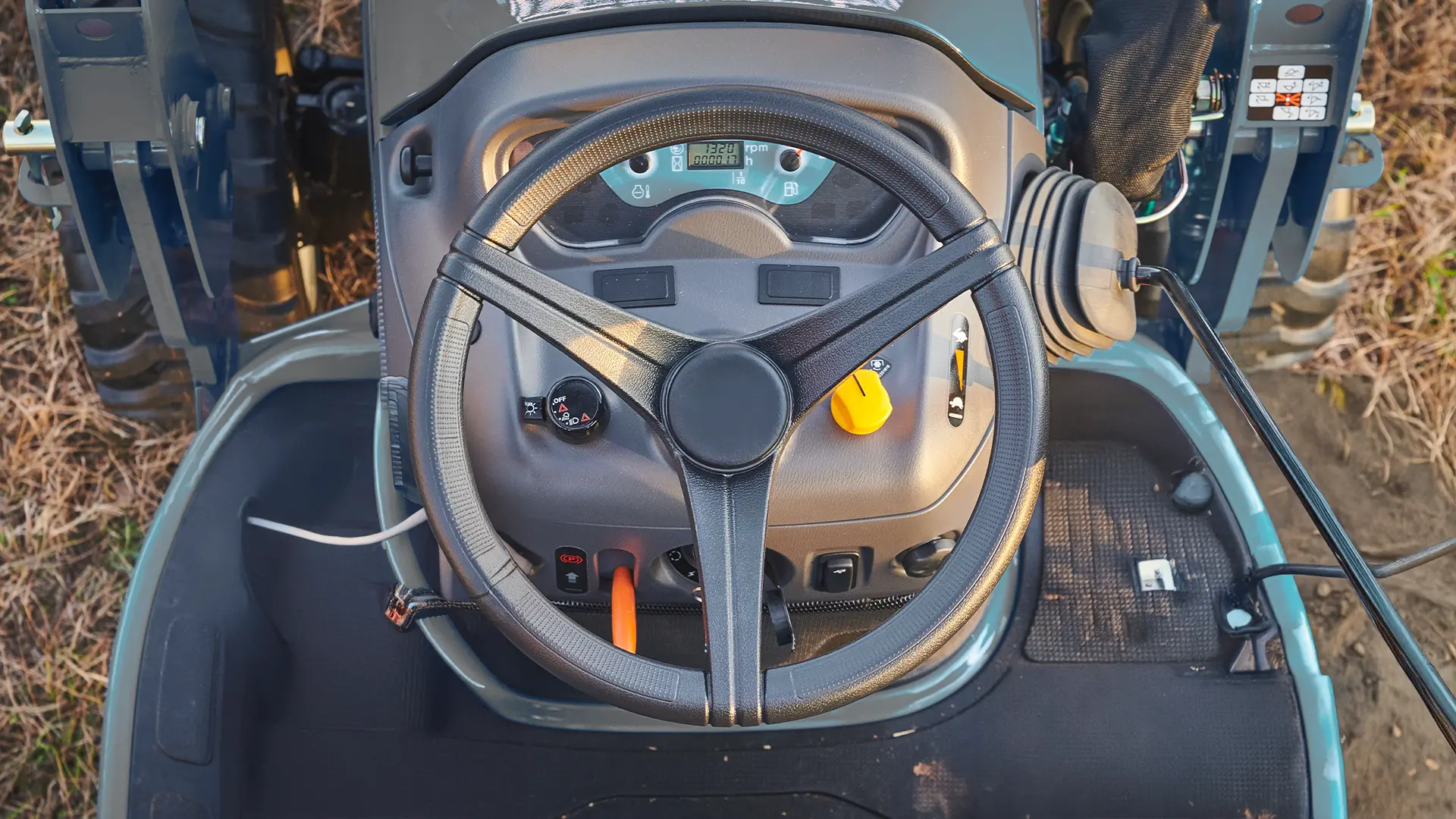
3. Match Implements to Your Tractor
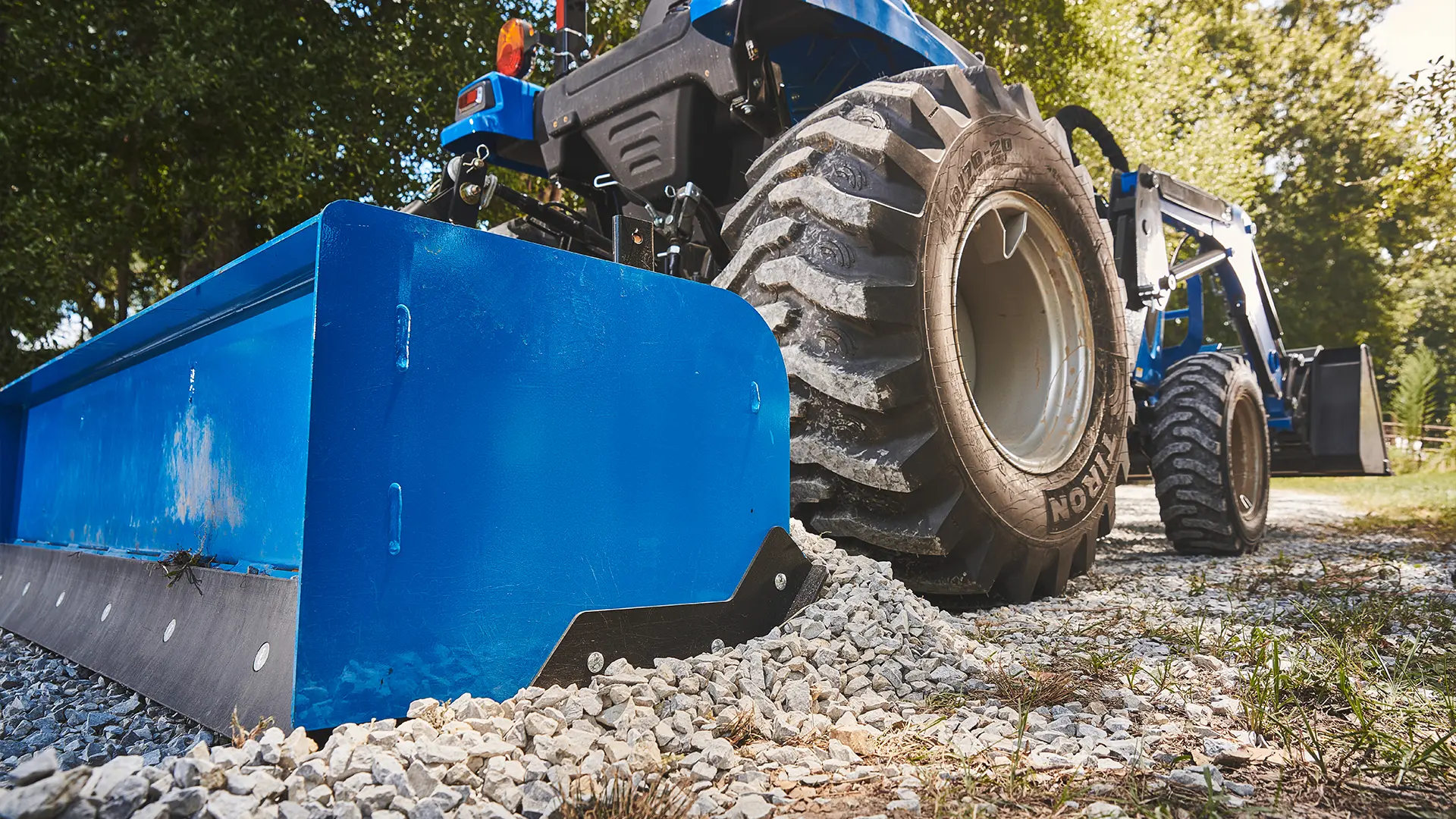
Think about the attachments you’ll need. Popular options include:
Front-End Loaders: Great for moving soil, mulch, or manure.
Mowers: For maintaining pastures and lawns.
Rototillers: Essential for preparing garden beds.
Backhoes: Useful for digging trenches or planting trees.
Ensure the tractor has the right power take-off (PTO) capabilities and hydraulic capacity to operate your chosen implements.
Compact tractors excel in smaller spaces, making them ideal for hobby farms with tight pathways or densely planted areas. Consider the width and turning radius to ensure the tractor fits into your working environment
4. Consider Maneuverability and Size
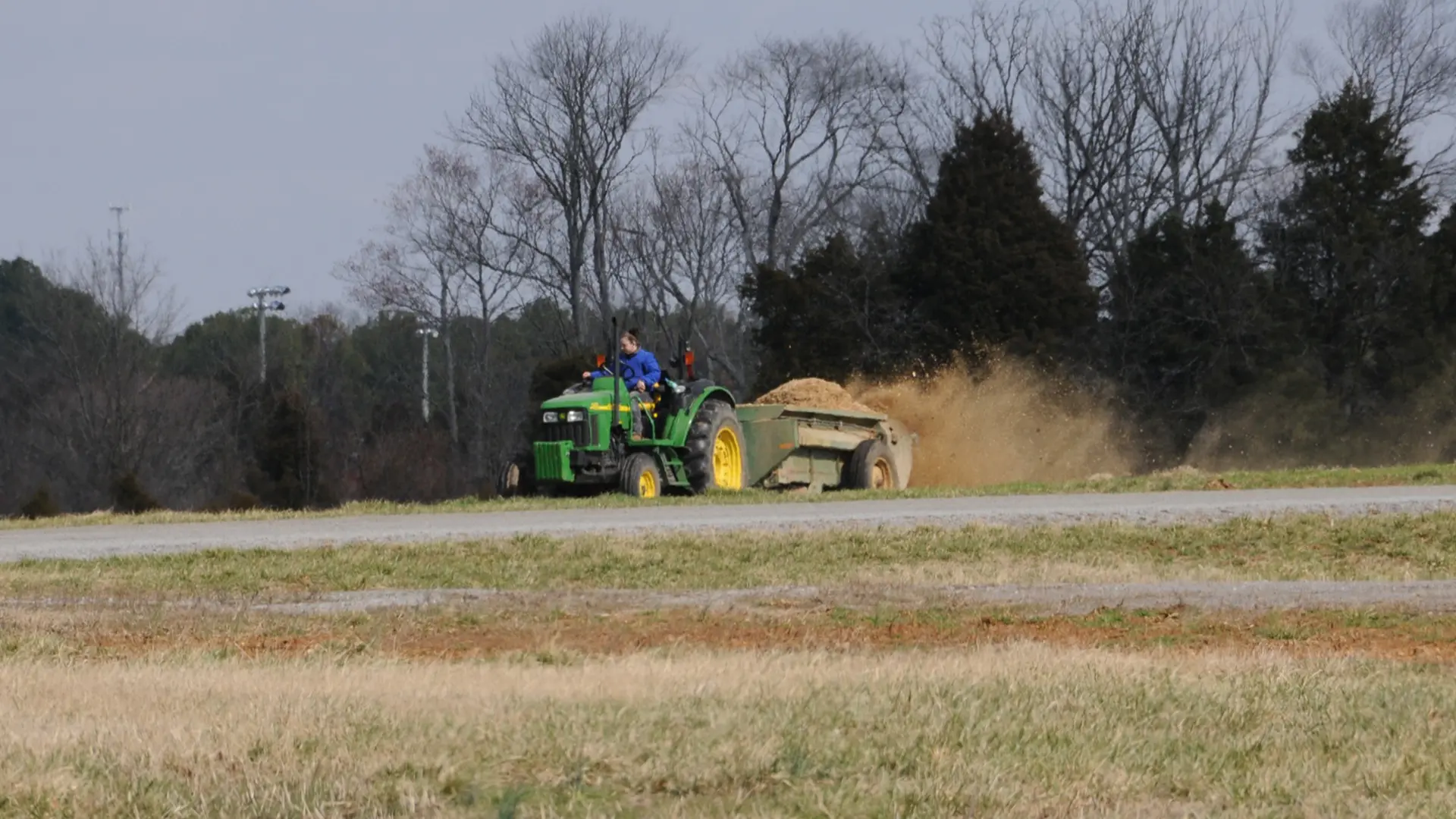
5. Evaluate Comfort and Ease of Use
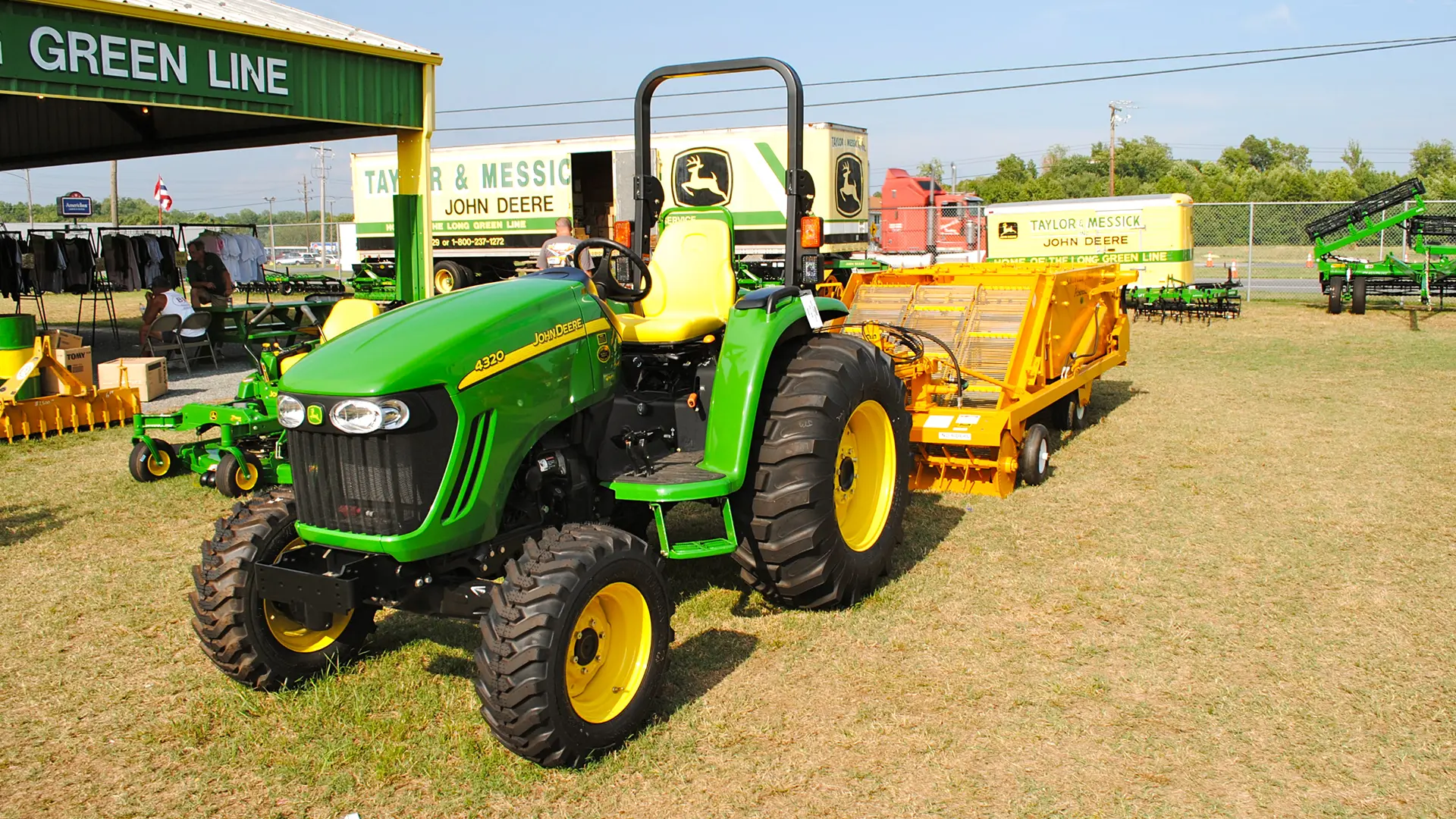
You’ll likely spend hours on your tractor, so operator comfort matters. Look for:
Ergonomic Controls: Easy-to-reach levers and buttons can reduce fatigue.
Visibility: A clear view of your surroundings ensures safety and precision.
Seat Comfort: An adjustable, well-padded seat makes long hours manageable.
Compact tractors are generally more fuel-efficient than their larger counterparts, but efficiency varies. Check reviews and compare specs. Additionally, choose a model with accessible service points and a reliable support network for routine maintenance and repairs.
6. Fuel Efficiency and Maintenance
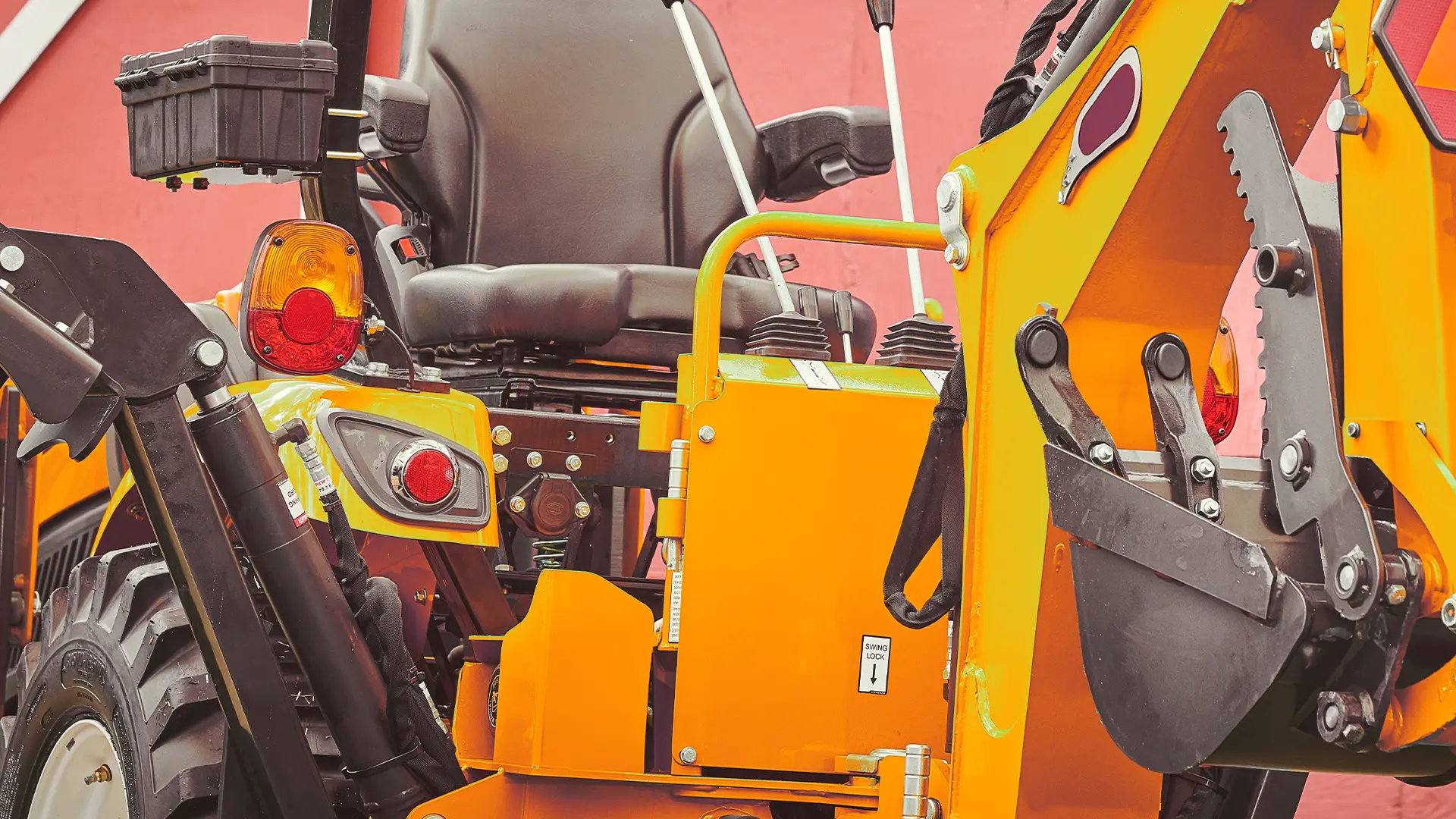
7. Set Your Budget

Compact tractors range from $15,000 to $50,000, depending on size, brand, and features. Don’t forget to account for additional costs, including:
•Implements and attachments
•Routine maintenance
•Warranty or extended service plans
Financing options are often available, so explore what fits your financial plan.
Most dealers allow test drives. Use this opportunity to:
•Ensure the tractor is easy to operate.
•Verify that it feels stable and maneuverable.
•Test compatibility with the attachments you plan to use.
8. Test Before You Buy
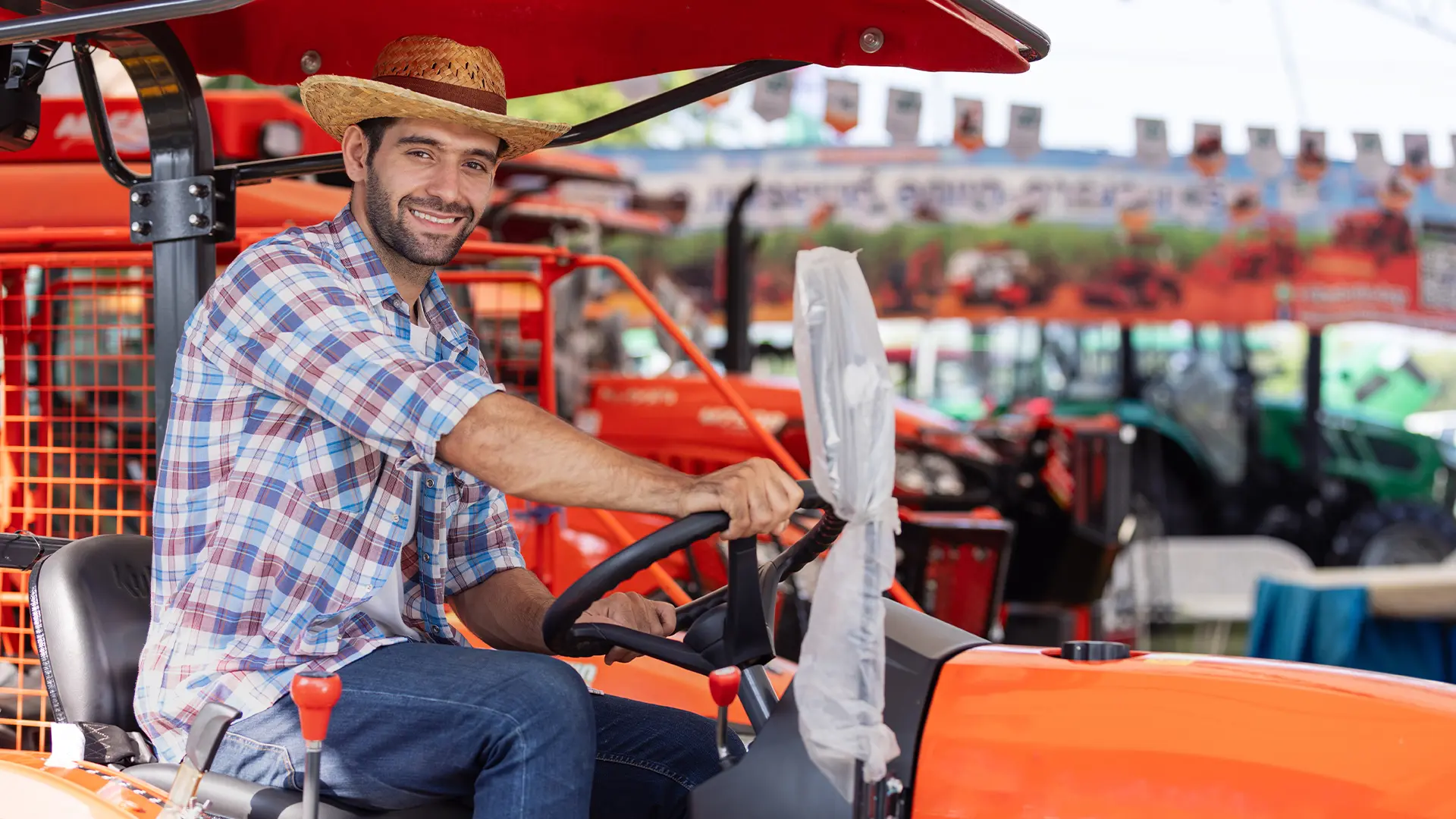
9. Popular Brands to Consider

John Deere: Known for reliability and a wide range of models.
Kubota: Offers excellent fuel efficiency and user-friendly designs.
Mahindra: Often provides powerful options at competitive prices.
New Holland: Focuses on versatility and comfort.
The right compact tractor can simplify farm chores, save you time, and enhance productivity. By assessing your needs, understanding key features, and planning for the future, you can invest in a tractor that’s perfectly suited to your hobby farm.
Your compact tractor isn’t just a tool—it’s a partner in building the farm of your dreams. Happy farming!
The Hobby Farm Journal team was assisted by generative AI technology in creating this content.




